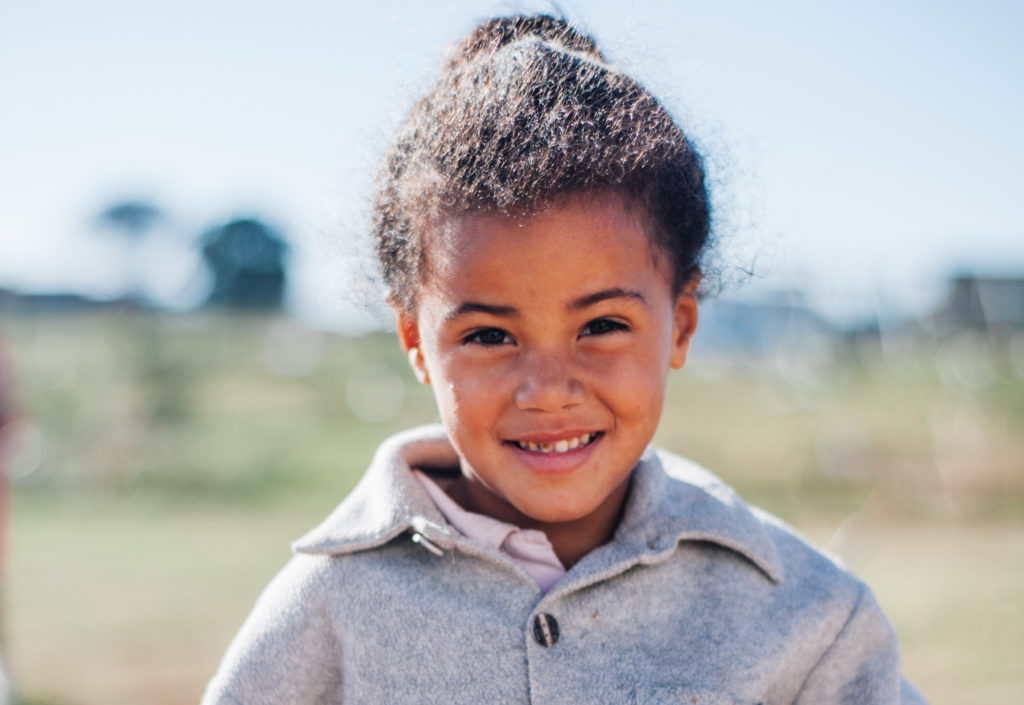
According to No Kid Hungry.com statistics, more than 13 million children in the United States live in “food insecure” homes. In simple terms, food insecurity is when one or more people don’t have daily access to a reliable food source. The U.S. Department of Health and Human Services (HHS) measures poverty with the Federal Poverty Level (FPL). The federal poverty level is the minimum amount of money a family needs each year to afford the necessities of life: food, clothing, shelter and transportation.
By using the FPL, the U.S. Department of Health and Human Services determined that one in six children in the United States face hunger. Even though that is a high percentage, there are programs that are designed to help people get the daily nutrition that they need. The Supplemental Nutrition Assistance Program (SNAP) is the largest program in the domestic hunger safety net. They work alongside state agencies, nutrition educators and faith-based organizations to ensure that those eligible for nutrition assistance receive the support they need.
Another food program used in all schools is free school breakfasts. Just like free lunches, free breakfasts are now included for any kid that need them. Educators, political leaders and local nonprofits across the country were looking into the theory that coming to school hungry negatively affects kids and decided to make breakfast part of the school day.
Summer programs are put into place to help the kids that get free or reduced lunches during the school year. Five out of six kids who rely on free or reduced-price school meals aren’t getting free meals in the summer. Millions of kids depend on the school for regular meals, but in the summer those meals disappear. The national summer meals programs only reach a measly 16 percent of the children who need help when school is out of session. That leaves 84 percent of kids still in hunger once summer rolls around.
Finally, one of the most prominent programs is called the Backpack Buddies program. Approximately twenty-two million children receive free or reduced price meals through the National School Lunch Program and the National School Breakfast Program. After the week is over, those kids’ families must find a way to feed them for the weekend. Bags of food are assembled at more than 160 local food banks and then distributed to more than 450,000 children nationally at the end of the week. Within the bags, enough food is given out to help the child’s parents cook breakfast, lunch and dinner for the child.
If you would like to help make a difference right here at Piedmont, you can go to the Empty Bowls event at the Swanson Center Atrium on Oct. 30th. For just $15, you will get a soup dinner and a night of performances from Cantabile and Shticks and Giggles. All proceeds will go to The Lord’s Help Soup Kitchen. Go to www.piedmont.edu/empty-bowls for your ticket, or show up at the door the day of, where tickets will also be sold.
If you would like to make a difference in somebody’s life off campus, you can volunteer at the local food bank, Open Door Food Pantry. Go to 236 Level Grove Rd D, Cornelia, GA 30531 and volunteer between 10 a.m. and noon.
If you would like to help with the Backpack Buddies program, go to the Food Bank of Northeast Georgia. Located at 861 Newton Bridge Road in Athens, GA. Your service could help a child in need, so if you can, your time will be greatly appreciated.








